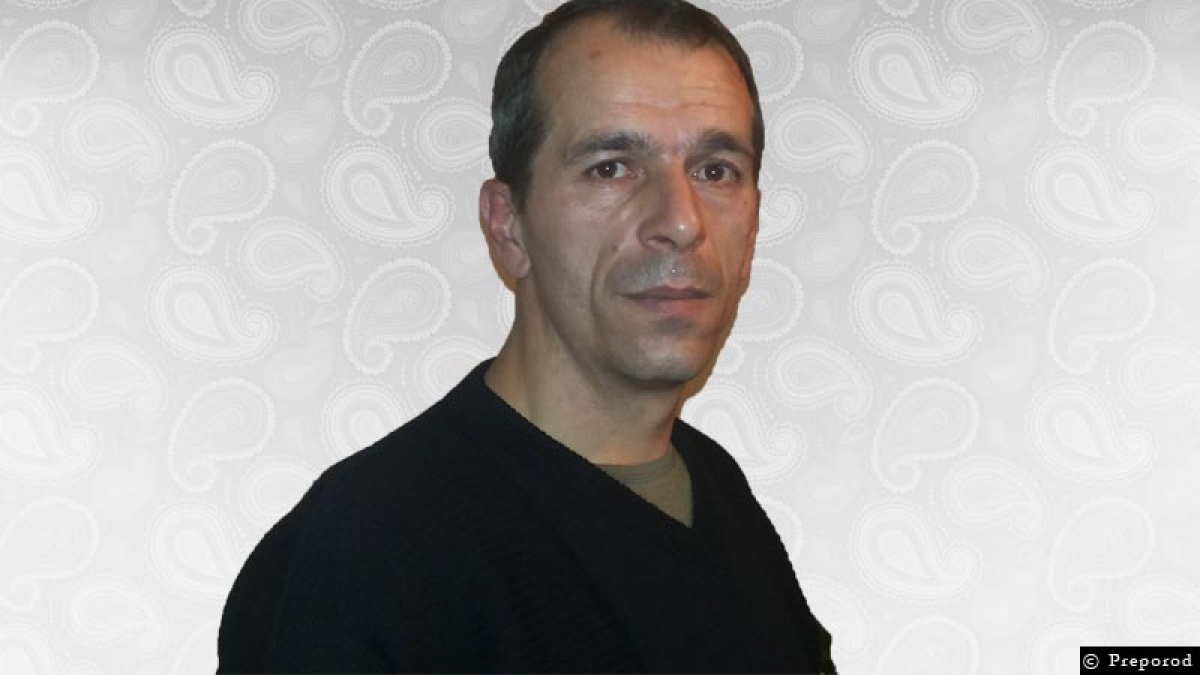"Don't, why are you taking him, what do you want..."
Zumra Šehomerović from Srebrenica shared her harrowing testimony with the Serbian public.
"When they entered Srebrenica, they took us to Potočari, to the UN base, and told us we would be safe there, that we would be transported from there, that we would leave, and that nothing would happen to anyone. Then chaos ensued. The regular Serbian army and all Serbian paramilitary units came to Potočari, disarmed the Dutch soldiers, put on Dutch uniforms, and then dispersed among the people. They were looking for people by name and surname, taking away girls, taking away young men. In three days in Potočari, unimaginable crimes occurred. The human mind cannot fathom it. In Potočari, life ceased; one did not feel alive when watching people being slaughtered, raped, and killed in a moment.
They began transporting us on the afternoon of July 12th. Trucks and buses, which were obviously already prepared, indicating that everything that happened was planned, arrived in Potočari. The buses came from Brčko, Bijeljina, Zvornik, Valjevo, Šabac, Belgrade, Novi Sad, Užice... At the very line of separation, they separated women and children to one side, and all men to the other. They also separated underage children. We have lists of 572 minors, from nine to 15 years old, who disappeared, who stayed in Potočari. We have a list with the names of 1,501 children up to 18 years old. All of them remained in Potočari."
At the very line of demarcation, there was a horrific sight. People were frightened; nobody spoke, just waiting for what would hit them. I saw various soldiers, some wearing red berets, some disheveled, unshaven, with large caps called "šajkače" on their heads adorned with cockades, and let me tell you, there were also many soldiers so neat, with polished boots, standing in line and watching what happens, doing nothing.
Right at the line, when I was about to cross with my husband, right in front of me, just ten meters away, I saw a mother fought fiercely for her son, snatching him from the arms of a Chetnik, while he ruthlessly threw him onto the asphalt. She got up again and wrestled her son from him a second time, offering him a newly built house she had nearby. She was willing to give him the house right then, and as much money as he wanted later, once everything settled down. But he wouldn't even speak to her. He just took her child and grabbed her by the hair from behind, threw her onto a truck, and she went to Tuzla half-conscious.
When we reached the line of demarcation, I was walking with my husband, his hand resting on my shoulder. I was trembling, scared, and when I looked into his eyes, believe me, they no longer had a human glow. It seemed to me that they were dead, staring death in the face. When we reached the line, they told me to go ahead, and they told my husband to go right. At that moment, I didn't say anything, I didn't act, I didn't scream or shout, "Don't, why are you taking him, what do you want"... Nothing, my mouth just froze, and as I took a step or two forward, I felt hot tears streaming down my cheeks. And so I got to the truck.
I came from Potočari on a truck that was open, without a tarp. Along the way, they threw stones and bottles at us. All the bottles were smashed by the roadside and left there (broken bottle necks), then thrown at the truck, and wherever they hit someone, blood would spurt. So, when we arrived there and got off, we looked as if we had been in some kind of slaughterhouse; no one could recognize what anyone looked like.
Along the way, with stops in Bratunac and then in Kravica, we saw captured men who had tried to escape through the forest and had been caught. They were lined up on a hillside, about two thousand men, stripped to the waist, forced to squat and place their hands behind their necks. Armored vehicles and armed Chetniks guarded them while we were told to look at them for the last time because we would never see them again.
From Kravica to Kasaba, along the way, on both sides of the road, there were dead bodies, one corpse next to another, lined up like logs beside the road. At the main crossroads in Konjević Polje, columns of men stripped to the waist were lined up, escorted by armored vehicles and armed Chetniks, heading towards Zvornik. The truck stopped again in Kasaba on a sports field, where there were about three to four thousand men. Some were being stripped, others beaten; some were lined up in columns and were already being led away, while others squatted, also stripped to the waist with their hands behind their necks.
It was difficult to pass through Vlasenica. In Vlasenica, they organized a cruel welcome: they brought children onto the road, gave them stones and bottles, and they finished us off. That’s how we reached Tišća, where we got out. In Tišća, there was another separation of girls and younger women. And even worse, there was laughter, a circus-like atmosphere, and selections being made regarding who was better for breeding, which one could give birth to more Serbian soldiers. All the women and girls who were left on the line of demarcation in Tišća never came back alive.
Dinko Gruhonjić






